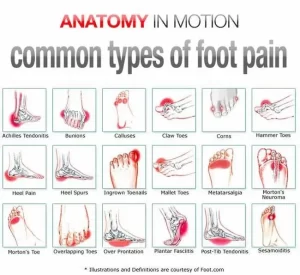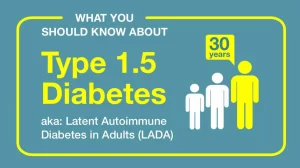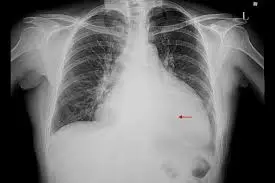The Interplay of Food, Genes and Disease
By Dr. Renee Rivard
Did you know that you can?
- Actually change how you’re genes function by what you eat, by exercising, by sitting, and by your quality of sleep?
- Impact your levels of sex hormones by what you eat?
- Decrease the activity of genes that promote cancer and increase activity of genes that suppress cancer by healthy lifestyle interventions that include healthy eating?
- Improve your mood, memory, and cognitive abilities by eating healthy?
- Affect your ability to sleep by what you eat?
- Increase your metabolism and burn calories while you sleep if you eat food that is healthy specifically for your genes?
Did you also know?
- You may be part of the first generations ever that outlives their children because of poor eating and exercise habits that have been prevalent in children over the last decade!
The majority of inherited diseases (diseases that run in your family) are actually an inherited predisposition or sensitivity to developing the disease, such that the disease itself is the end result of how we treat our body.
An exhaustive review (Fardet et al, 2013) of the medical literature examined data published between 1950 and 2011 on diet-related diseases and impaired physiological mechanisms. The purpose was to identify targets for preventative nutrition. The results of this review revealed that diabetes and obesity were the key diseases that led to 8 other diet-related chronic diseases. If you are overweight or obese, or you have diabetes, you have a higher risk of not only developing liver diseases, kidney disease, and cardiovascular disease but also cancer and mental illness.
So if diabetes, obesity, liver disease, high blood pressure, digestive tract disorders, cancer, mental illness, or other chronic diseases appear to “run in your family”, you are not necessarily destined to the same.
You have the ability to impact your destiny in a positive way by choosing to eat healthy food and giving your genes the right tools to help you become healthy and happy!
So every time you are confronted with a manufactured food product scientifically designed to have that optimal ‘bliss’ combination of fat, sugar, salt, and processed carbs that is known to stimulate mindless eating (and purchasing)…..what will you decide?
Will you choose food products that promise chronic disease and early death…..or real, whole food from nature that promotes a healthy, happy life?
Use this year to start a healthy food tradition with colorful, nutritious whole food recipes that will leave a beneficial epigenetic mark on your DNA that you will be proud to hand down to future generations.
____________
Fardet A, Boirie Y. Associations between diet-related diseases and impaired physiological mechanisms: a holistic approach based on meta-analyses to identify targets for preventive nutrition. Nutr Rev. 2013 Oct;71(10):643-56.


